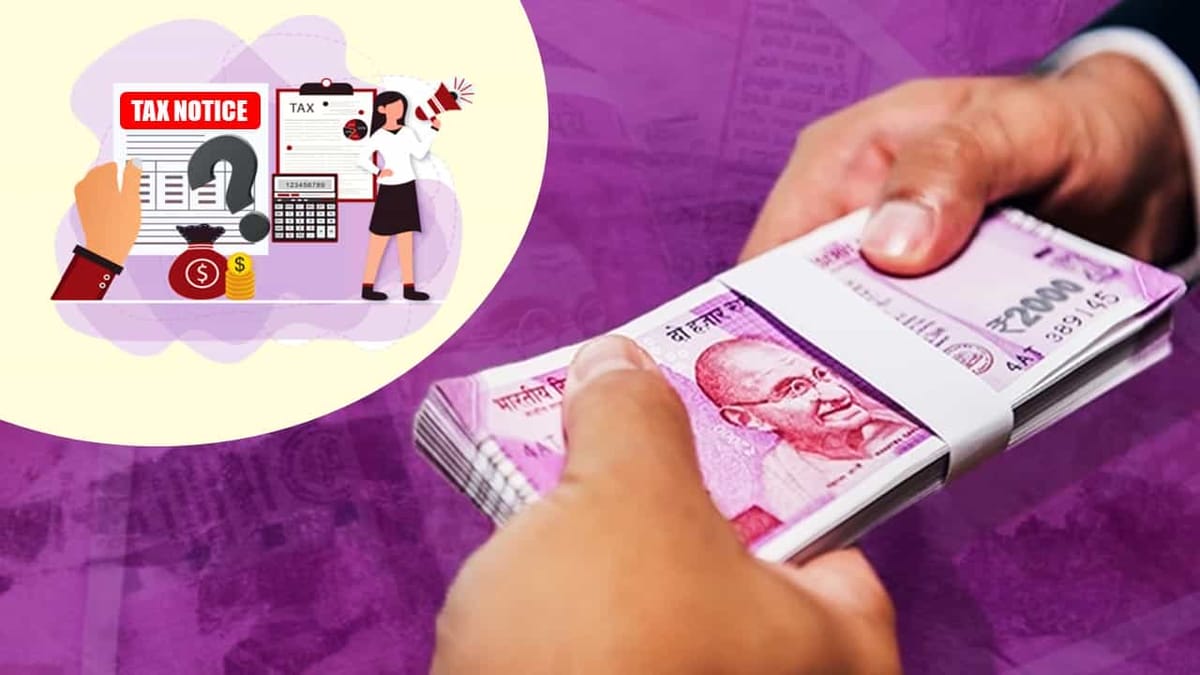Income Tax Notice on Depositing Rs.2000 Banknotes!; Know What's the Rule
Reetu | May 30, 2023 |

Income Tax Notice on Depositing Rs.2000 Banknotes!; Know What’s the Rule
The Reserve Bank of India(RBI) has taken the 2000 rupee note out of circulation. In addition, the public has been allowed until September 30 to swap the notes. A cap has also been set for this.
According to the central bank’s criteria for exchanging 2000 notes, every individual can swap a maximum of Rs.20,000 or 10 notes. In such a case, individuals are wondering if they might receive a tax notification after placing 2000 notes in a bank account.
According to RBI regulations, one can swap Rs.2,000 notes up to Rs.20,000 at a bank. Large government banks, like as SBI and PNB, have said unequivocally that no papers or paperwork would be required, and no ID will be required for note exchange up to the level stipulated by the central bank.
If someone swaps 2000 up to the stated limit, the odds of receiving any form of warning are low. If, on the other hand, a person puts 2000 banknotes of Rs 10 lakh in a bank, the bank would record it in the Statement of Financial Transaction (STF), and the Income Tax will then interrogate you about this amount. Could If the Income Tax Department is not pleased with your response, it may issue a notice.
The current account limit is 50 lakhs. If you deposit more than this amount, the bank will place it in STF.
In case of any Doubt regarding Membership you can mail us at [email protected]
Join Studycafe's WhatsApp Group or Telegram Channel for Latest Updates on Government Job, Sarkari Naukri, Private Jobs, Income Tax, GST, Companies Act, Judgements and CA, CS, ICWA, and MUCH MORE!"